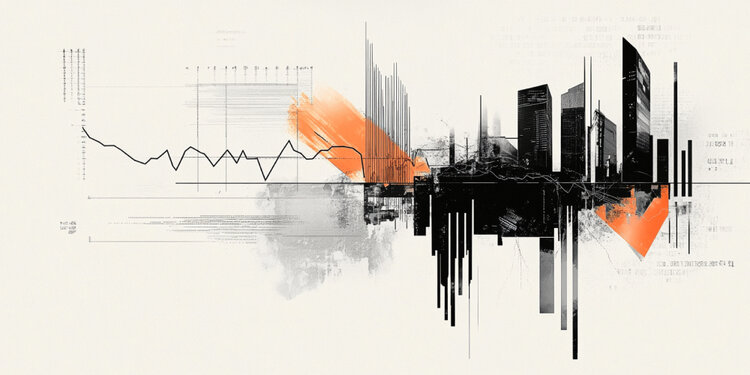A survey carried out by the Oswaldo Cruz Foundation (Fiocruz) revealed that vaccination and social isolation may have prevented more than 380,000 hospitalizations and 66,000 deaths in the state capital by June 2021. The objective of the study, published in December in the journal Infectious Disease Modeling, was to understand the real impact of pharmacological and non-pharmacological measures to stop the Covid-19 pandemic.
According to the research, vaccination alone would have prevented more than 230,000 cases of hospitalizations and more than 43,000 deaths. As for non-pharmacological measures, such as the use of masks and isolation, 150,000 hospitalizations and 23,000 deaths from the disease.
To reach these conclusions, researchers from the Scientific Computing Program (Procc/Fiocruz) developed mathematical models capable of capturing and describing the dynamics of Covid-19 in the city of Rio de Janeiro. The intention of the study was to show that the reduction of deaths and serious cases would come from the adoption of combined policies, between pharmacological actions, such as vaccination, and non-pharmacological actions, such as the use of masks, social isolation, hygiene, among others. .
According to the study’s coordinator, Daniel Villela, the research was carried out in a period when there was a great spread of the Gamma variant, and vaccination was one of the main responsible for curbing severe cases.
“What happened was already a tragedy, but we would have had an even greater number of cases and hospitalizations, if it weren’t for the measures adopted”, he comments.
It is worth mentioning that vaccination against Covid-19 began in Brazil on January 17, 2021. The first half of the campaign was marked by a series of problems, such as changes in guidance on the interval between doses, failures in databases data, population displacements in search of immunizers, dissemination of fake news, lack of communication on the part of the government and the emergence of new social characters, such as comorbidity inspectors and vaccine sommeliers (people who wanted to choose the immunizer manufacturer) they would receive).
In addition, the shortage of immunizers was one of the main factors that hampered the progress of the campaign, which, according to the Ministry of Health, was caused by the delay in obtaining doses, a consequence of high global demand.
According to researcher Daniel Villela, the arrival of the Ômicron variant in the country and in the city of Rio de Janeiro changed the pandemic scenario. But, for him, the care taken and the results of the survey show that combined policies are necessary.
“Even with the entry of a new variant like this, the increase in cases resulting from it and the booster doses of the vaccine, we have to continue to be careful. In a way, it’s a repeat of the same film, but with other elements. The message is that the combined policies continue to be important and achieve the best results”.
The information analyzed in the study on cases, hospitalizations and deaths comes from the Influenza Epidemiological Surveillance Information System (Sivep-Gripe), of the State Government of Rio de Janeiro.
Vaccination in Rio
In the State of Rio de Janeiro, 77% of the population over 12 years of age has a complete vaccination schedule (first and second dose or single dose). There are more than 11 million (11,287,223) people immunized against Covid-19. In children, 24% have already received the first dose of the vaccine. This represents more than one million (1,522,979) children aged between 5 and 11 years.
In the city of Rio de Janeiro, 83.2% of the total population has a complete vaccination schedule. This corresponds to more than two million (2,840,903) cariocas. In total, 62% of children, from 5 to 11 years old, have their first dose up to date, which represents more than 300,000 (347,547) people.
Vaccination in Brazil
Across the country, 83% of the population over 12 years old is vaccinated with both doses. In all, more than 143 million (143,355,526) of Brazilians took the two doses of the immunizer.
In relation to children, 25.5% of the children received the first dose of the vaccine against Covid-19. This means that more than 5 million (5,230,303) children, aged 5 to 11 years, have already received their first dose.
* Under supervision of Isabelle Resende
Source: CNN Brasil







